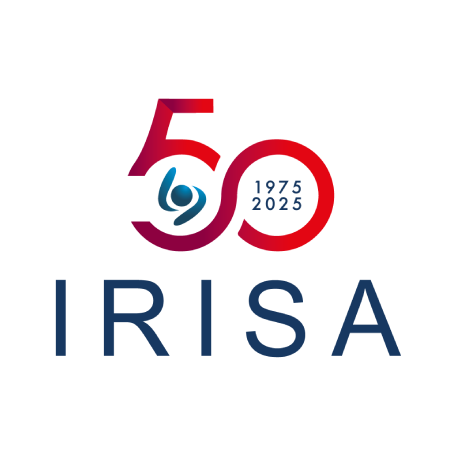Context
Complex software-intensive systems are evolving at an accelerating pace, operating in increasingly dynamic environments and contending with ever-increasing uncertainty. This requires a high level of adaptability, through a continuous engineering of complex cyber-physical, socio-technical, ecosystems. Digital twins are key enablers, and leverage on both model simulation and data science. Modeling & Simulation is a time-honored activity consisting in building complex analytical models to be simulated to evaluate natural or engineered phenomena. Conversely, data science relies on the availability of data to build complex predictive AI-based learning models. While both could be confused or even opposed, we argue they better complement each other to enhance the ability to best engineer complex systems continuously.
The sound hybridization of model simulation and data science enables a coordinated use of both techniques in complex scenarios (e.g., analytical models for explanation, and data model for recurrent pattern retrieval). Moreover, the hybridization also opens the door to adaptive modeling, where one model is inferred or refined by the others, and vice-versa (e.g., inferring or refining an analytical model from a learning model, and better tuning and explaining a learning model thanks to an analytical model).
Challenges are related to the identification of well-defined interfaces for each model, and the required protocols and operators to support the proposed scenarios. We aim to establish the first unifying theory for both model simulation and learning models, and demonstrate its applicability in practice through concrete tool support.
Objectives
Unifying theory for inductive and deductive reasoning
- Hybrid modeling: coordinated use of heterogeneous predictive models. This objective focuses on the definition of well-defined concepts to specify complex hybrid modeling scenarios through the coordinated use of different techniques involved in digital twins, e.g., Modeling & Simulation, Machine Learning, Data Mining, etc. These concepts will provide the semantic foundations to enact hybrid models in digital twin services such as recommenders, linters and decision-making tools.
- Adaptive modeling: model adaptation (inference/refinement/configuration). This objective focuses on the definition of well-defined concepts to specify complex adaptive modeling scenarios through a retro-action in between the different models involved in the different techniques (e.g., Modeling & Simulation, Machine Learning, Data Mining, etc.) These concepts will provide the semantic foundations to enact adaptive modeling scenarios in digital twin services such as modeling environment, and decision-making tools.
- Model interfaces and protocols. This objective aims at formalizing the required model interfaces and protocols to leverage on the two aforementioned objectives. The outcome if a unifying predictive platform, supporting both the orchestration of service requests on the different available predictive models, but also possibly the adaptation of them from others.
Prerequisites
- A degree (and strong background) in data science and computer science (esp. software engineering)
- skills on numerical analysis, scientific computing and simulation
- interests in programming and modeling languages, and supporting envirionments
- interests in machine learning
- professional proficiency in english
- skills for presenting and writting
- autonomly, rigor and hard worker
References
- R. Eramo, F. Bordeleau, B. Combemale, M. v. d. Brand, M. Wimmer and A. Wortmann, “Conceptualizing Digital Twins,” in IEEE Software, vol. 39, no. 2, pp. 39-46, March-April 2022,
- R. Verdecchia, L. Cruz, J. Sallou, M. Lin, J. Wickenden and E. Hotellier, “Data-Centric Green AI An Exploratory Empirical Study,” 2022 International Conference on ICT for Sustainability (ICT4S), Plovdiv, Bulgaria, 2022, pp. 35-45
- Narciso, Diogo AC, and F. G. Martins. “Application of machine learning tools for energy efficiency in industry: A review.” Energy Reports 6 (2020): 1181-1199.
- Ahmad, Muhammad Waseem, Monjur Mourshed, and Yacine Rezgui. “Trees vs Neurons: Comparison between random forest and ANN for high-resolution prediction of building energy consumption.” Energy and buildings 147 (2017): 77-89.
